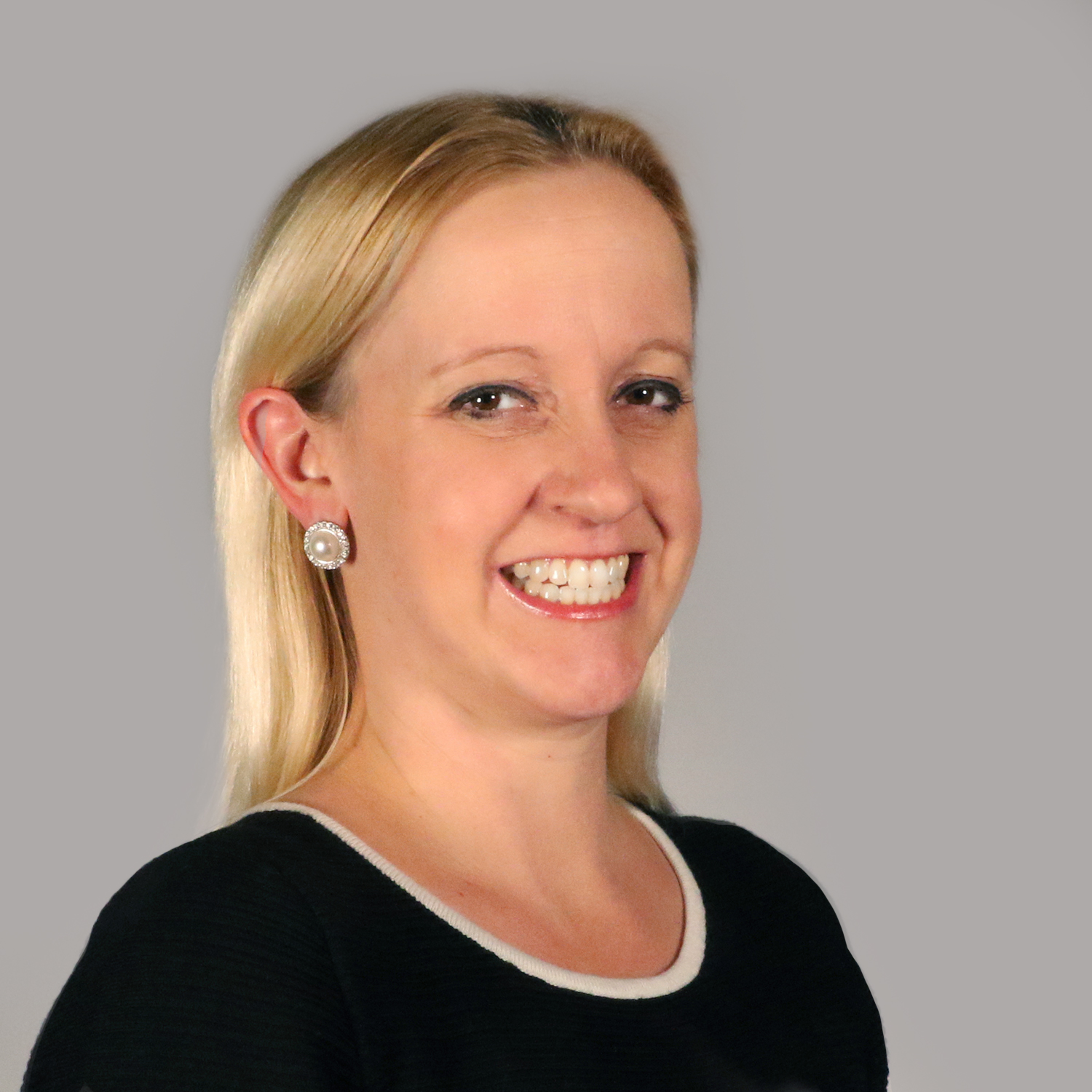New survey shows room to grow, support for ESAs among Arizona private schools
Data also show Arizona private schools have grown more diverse over time
INDIANAPOLIS — EdChoice, formerly the Friedman Foundation for Educational Choice, has released Exploring Arizona’s Private Education Sector, its seventh installment of state-based research that looks at private school populations, enrollment, cost and participation in educational choice programs. The report combines original EdChoice research and data from the U.S. Department of Education.
“Our goal with these surveys is to get a clearer picture of the private school landscape in states with educational choice programs,” said EdChoice Director of State Research and Policy Analysis Drew Catt, who authored the report. “By synthesizing data and hearing from private school leaders, we’re better able to understand how students are actually using school choice and what schools themselves know about these programs.”
Arizona enacted the first universal educational choice program in the United States — the Original Individual Income Tax Credit Scholarship Program — in 1997. The state also has three other tax-credit scholarship programs and an education savings account (ESA) program in operation.
“In a state where every K–12 student is eligible for at least one educational choice program, is it time to slow down, or is there still room to grow?” asked EdChoice President and CEO Robert Enlow. “The data tell us where we can do more and where current programs may be falling short.”
Enlow said the state’s Original tax-credit scholarship program, while available to all students in Arizona, does not provide enough funding on its own to cover most private school tuition costs. The ESA program, however, provides enough funding for students to pay for most private schools in the state.
“Arizona has been on the cutting edge of school choice since the late 1990s, and it’s no surprise that their ESA program is now a model for other states looking to empower families to customize schooling options for their kids,” Enlow said. “We hope they will consider expanding the program so that more students can use it, and we hope other states will adopt what Arizona has done.”
Highlights from the survey:
- Arizona private schools have grown more racially and ethically diverse over time.
- Only two-thirds of Arizona private schools have heard of the state’s ESA program, but nearly half of those who are not currently participating said they would or probably would participate.
- Arizona private schools have the capacity to serve more students; the EdChoice survey estimates that enrollment could grow roughly 37 percent from 45,000 to 61,000 students.
- The ESA program puts most private schools within financial reach where the state’s tax-credit scholarship programs fall short.




